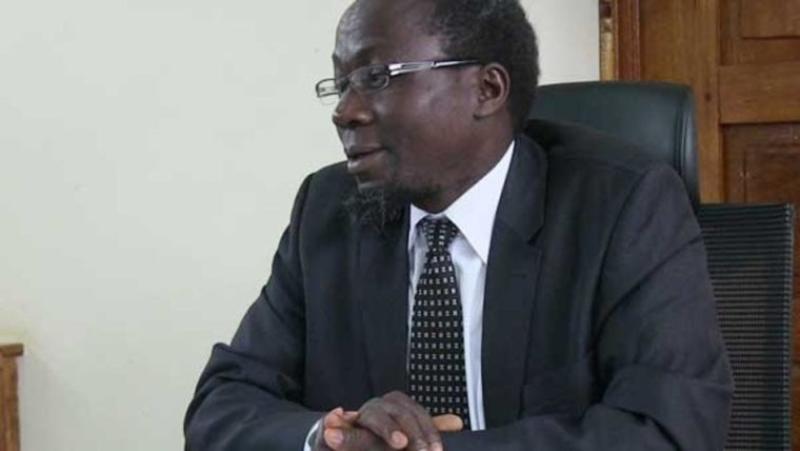×
The Standard e-Paper
Kenya’s Boldest Voice

In 2012, Justice David Njagi Marete was among the first judges to be appointed to the newly created Employment and Labour Relations Court (ELRC) under the 2010 Constitution.
For the eight years he has served at ELRC division, Justice Marete has seen it all, handling some of the most contested and high profile labour disputes that led to his suspension for nearly five months. He was accused of misconduct, impropriety, conflict of interest and breach of judicial code of conduct.